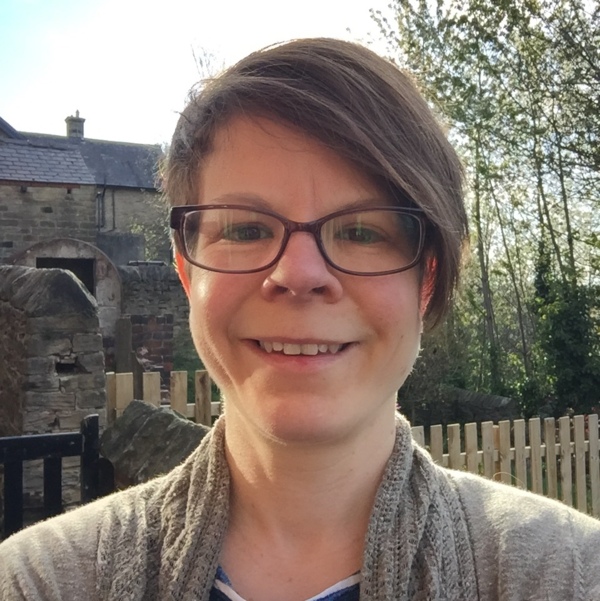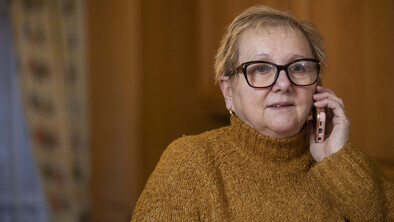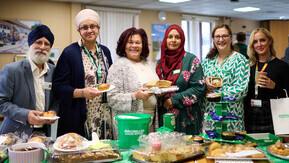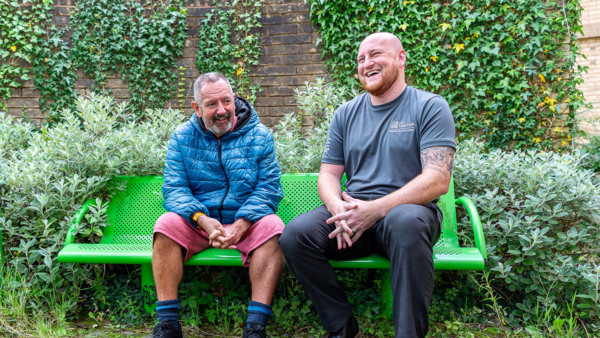Tackling cancer inequality: Macmillan’s partnership with the Farming Community Network
The project focuses on the unique challenges these communities face.
Understanding the challenges of cancer care in rural areas
We are working with the Farming Community Network to combine their expertise with our support for people living with cancer across the UK.
Why cancer care looks different in rural communities
Macmillan understands that cancer affects many parts of people's lives. In rural areas, many businesses are family-owned. These businesses hire local people, so the community feels the impact of cancer.
Evidence shows:
- Farmers are at higher risk for certain cancers. Including skin cancer, prostate cancer, and cancers from exposure to harmful substances.
- Rural communities often have access to fewer local health services, limited access to transport and face long travel times.This is due to their work and the remote areas where they live.
- Living in a rural area makes you 5% less likely to survive a cancer diagnosis.
As Dr Jude McCann, Chief Executive Officer of The Farming Community Network explains:
"Farmers are an intrinsic part of rural communities, but long working hours and a lack of access to support services can limit opportunities for health checks, and sadly the early signs of cancer may be difficult to identify or missed entirely.
The sooner people can access cancer information, advice and support, the sooner they can start their journey to recovery and remission. As well as encouraging early intervention, through this project we also hope to gather ideas in farming and rural communities on what would improve support for those in farming or in rural communities who are living with cancer.
This partnership will create an important bridge between Macmillan Cancer Support and farming support organisations and has the potential for reaching people with cancer who could otherwise be without support."
What are the issues when it comes to accessing cancer care?
From conversations with the farming community, common themes about inequalities in accessing cancer care. include:
- A lack of time to get off-farm to get health check-ups.
- People often view aches, pains, or other physical changes (that could potentially be signs of cancer) as 'just part of the job.'
- The 'culture' of farming – feeling embarrassed or not wanting to discuss health.
- A lack of knowledge of the support services that may be available.
- GPs and other services typically operating at times of the day that don't suit farmers.
What farmers are saying
“Everyone you speak to in a rural community has been affected by cancer in some way. A parent, a friend, a coworker. Cancer uproots lives. We need to make sure everyone can access the help they need sooner rather than later.”
“We’re just too busy. I can’t get to a GP first thing in the morning. By the time I’m free, the practice is closed.”
How the Farming Community Network and Macmillan are working together
As part of this partnership, FCN will work closely with Macmillan. Together, they will provide activities to raise awareness of cancer signs and symptoms. They will also create connections to Macmillan's services.
FCN will use its networks to help make cancer support more accessible for people in rural areas.
FCN launched their ‘Nip it in the Bud’ campaign to raise awareness risks, signs and symptoms of cancer and to encourage early detection.
In this video, Nicky shares her story of being diagnosed with breast cancer and how getting help can help 'nip it in the bud'.
How vets are helping rural communities ‘Nip It in the Bud’
Veterinary professionals in Northern Ireland are stepping up to support farmers and farm workers by raising awareness of cancer symptoms and encouraging early action. Vets have regular contact with farmers and are often a trusted voice, making them uniquely placed to start conversations about health and share information on the importance of getting checked.
Through the “Nip it in the Bud” campaign, veterinary associations are helping to tackle cancer inequalities by promoting early detection and signposting support, ultimately aiming to save lives in rural areas.
Melanie Spahn-Holmes, President of The Association of Veterinary Surgeons Practising in Northern Ireland, said:
"It is important that vets play a part in sharing information to assist farmers and people living in rural communities to get checked for early signs of cancer and to be aware of the level of support that is available. We firmly believe that working with The Farming Community Network and Macmillan Cancer Support will ultimately help raise awareness and save lives."
Caitriona Crawford, National Manager (Northern Ireland) at The Farming Community Network, added:
“We firmly believe that working in collaboration with vets, who carry considerable credibility among farmers and interact with the farming community on a regular basis, will serve to raise awareness, generate difficult conversations and encourage those with suspected cancer symptoms to seek medical advice at the earliest opportunity.”
More information and resources
Practical and emotional support
- We have information about different cancer types including symptoms, tests and treatments.
- Find out more about our specialist support services, their opening times and the different ways you can contact them.
Information about the project
About our information
This information has been written, revised and edited by Macmillan's Digital Content Editor team. Learn more about our Digital Content Editors and how we produce our cancer information.
Accurate information helps you make informed choices. Look for trustworthy, reliable sources such as Macmillan Cancer Support, the NHS and your own healthcare team.
We have more information on how to find reliable health information online and understanding cancer myths and misinformation.
About the author

Ros Ayres
Read more
-
Blogs 20 Mar 2023If you are having difficulties contacting your doctors to make a GP appointment, there are other ways to get help.
-
Blogs 05 Nov 2024The Black Country Community Connectors project has been formed to address the poor cancer experiences and outcomes that continue to affect people from Black and minority ethnic communities.
-
Blogs 26 Feb 2025The CRT Together project is helping people in Welsh ex-mining communities affected by cancer access practical, financial, and emotional support.






